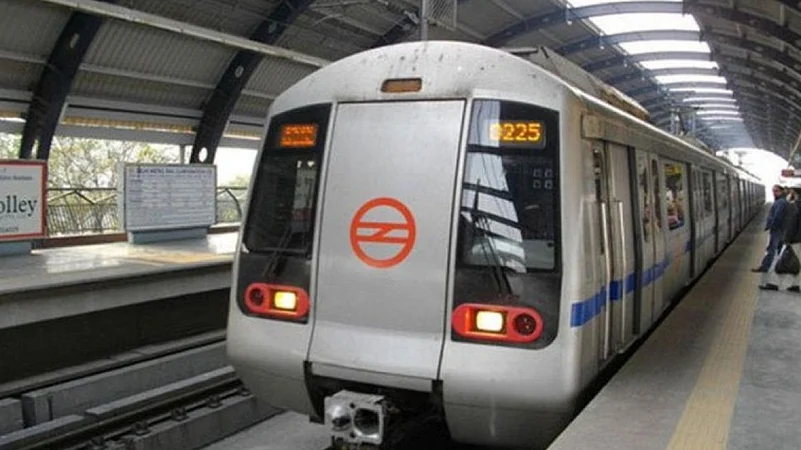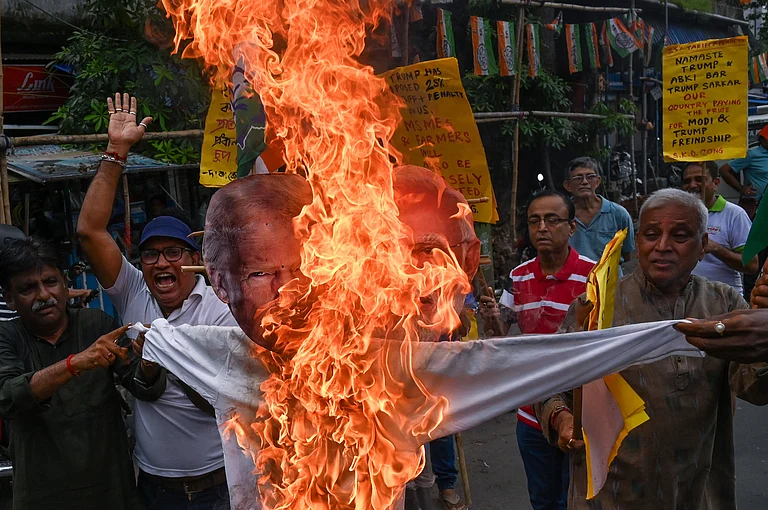The Supreme Court on Monday refused to halt the construction of Delhi Metro's phase-IV, saying any interference would result in a huge escalation of costs. The phase-IV of Delhi Metro will consist of six corridors -- Aerocity to Tughlakabad, Inderlok to Indraprastha, Lajpat Nagar to Saket G Block, Mukundpur to Maujpur, Janakpuri West to R K Ashram, and Rithala to Bawana and Narela. A bench comprising Justices B R Gavai and Vikram Nath noted that there was a provision for planting uprooted trees. No doubt that concern for the environment is an important aspect. However, developmental work like metro railway, which will cater to billions of people and reduce carbon emissions as the number of vehicles on road will be reduced, cannot be ignored, the court said.
It asked Delhi Metro to be careful in future while planning further phases. The direction came on a plea filed by Dr P C Prasad and Aditya N Prasad contending that the economic viability of the underground metro is far superior to the elevated metro. The plea also stated that felling over 11,000 trees for the project would have an adverse effect on the ambient air quality of the national capital where pollution is at "critical" levels. The petition claimed that the phase-IV expansion of the metro which involves three corridors -- Delhi Aero city to Tughlakabad, RK Ashram to Janakpuri West and Maujpur to Mukundpur -- is being done on "deemed forest land" for which no forest clearance has been obtained.
"The Central Empowered Committee in its Report without any substantiation has accepted the submission of the DMRC that construction of an underground metro would pose a threat to the already existing flyovers and other structures. The CEC has also accepted the submission of the DMRC that the long term maintenance cost of underground metro is higher," it claimed.


























